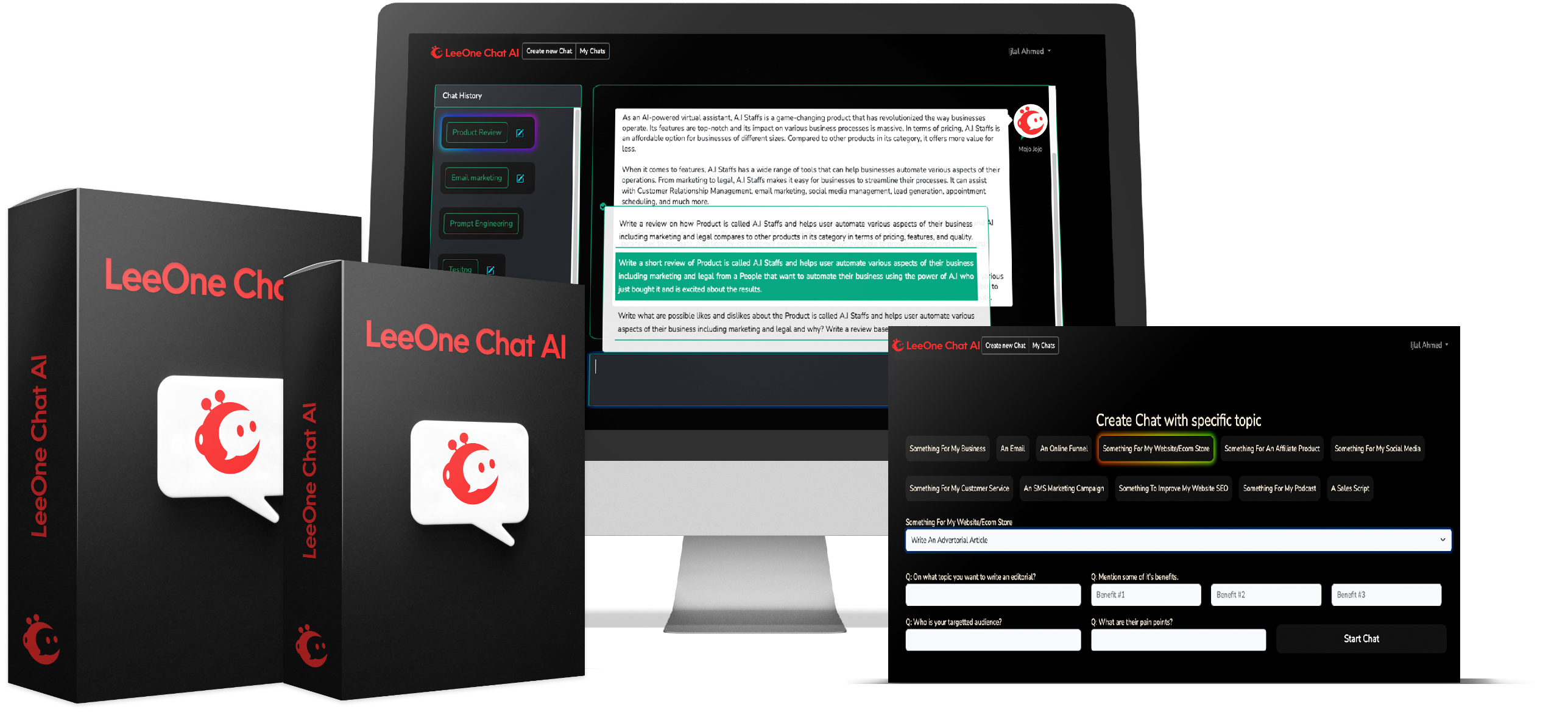Mastering Tax Compliance: A Business Owner's Guide to Success

Introduction
Did you know that tax compliance can make or break your business's financial health? You're not alone if you've ever felt overwhelmed by tax rules and regulations. In this article, I'm here to guide you through how to ensure your business remains compliant with tax laws, creating a firm foundation for success. You'll learn about critical aspects of business tax compliance and discover practical steps to simplify the process.
Understanding Tax Compliance
Tax compliance refers to following all the tax laws and regulations applicable to your business. But why is it essential? Non-compliance doesn't just lead to penalties—it can damage your reputation and trustworthiness.
Key Components of Tax Compliance
-
Filing Requirements: Staying updated with federal, state, and local tax filing requirements is crucial. Missing deadlines can lead to penalties.
-
Accurate Record-Keeping: Maintaining precise records of your financial activities ensures transparency and accuracy in your filings.
-
Understanding Deductions: Maximizing legally permissible deductions can significantly ease your tax burden.
-
Staying Informed About Changes: Tax laws can change, and staying informed ensures you are always in compliance.
Establishing a Tax Compliance Plan
It's not enough to know about tax compliance; you need a comprehensive plan that keeps you on the right path.
Step 1: Conduct an Internal Audit
Evaluating your current tax practices helps identify areas of improvement. Ask yourself: Are you meeting all your tax obligations? What are the areas of concern?

Step 2: Keep Financial Records Organized
Invest in reliable accounting software. Categorize expenses, track income, and prepare for tax time efficiently.
Step 3: Consult with a Tax Expert
Engage tax professionals who understand the specific needs of your industry. They can guide you and help avoid costly mistakes.
Step 4: Attend Tax Workshops
Participating in workshops is a proactive way to keep abreast of tax updates and learn techniques to improve compliance.
The Consequences of Non-Compliance
Ignoring tax obligations is risky and expensive. Penalties, interest on unpaid taxes, and audits are just the beginning.
Financial Penalties
The IRS imposes penalties for late filing and underpayment. These can accumulate quickly, affecting your business's cash flow.
Damage to Business Reputation
In today's connected world, word spreads fast. Non-compliance can lead to loss of credibility among customers and partners.
Increased Scrutiny
Once flagged, your business is subject to more frequent audits, which can be both time-consuming and stressful.
Best Practices for Maintaining Tax Compliance
Consistency and awareness are pivotal.
Scheduled Reviews
Conduct regular reviews of your financials to catch discrepancies early.
Leverage Technology
Use tools and apps designed to simplify the compliance process, ensuring timely and accurate tax filings.
Collaborate with a Compliance Officer
Assign a team member or hire an expert to monitor compliance efforts. They act as a checkpoint, reducing the likelihood of errors.
Personal Story: A Lesson in Compliance
I once worked with a small business owner who thought tax compliance was a secondary concern. It wasn't long before they faced substantial penalties for ignoring tax deadlines. Working together, we prioritized compliance, saving their business.
Let's not wait for trouble to strike! By adopting best practices and creating robust systems, you'll ensure tax compliance isn't a nightmare but a manageable part of your business strategy.
Conclusion
Mastering tax compliance is about awareness, planning, and proactive management. Secure your business's future by implementing these strategies today. ACT NOW to establish a compliant foundation for long-term success. For those ready to deepen their tax compliance understanding, reach out to professionals and utilize the resources at your disposal. Don't wait—make financial peace of mind a priority!




